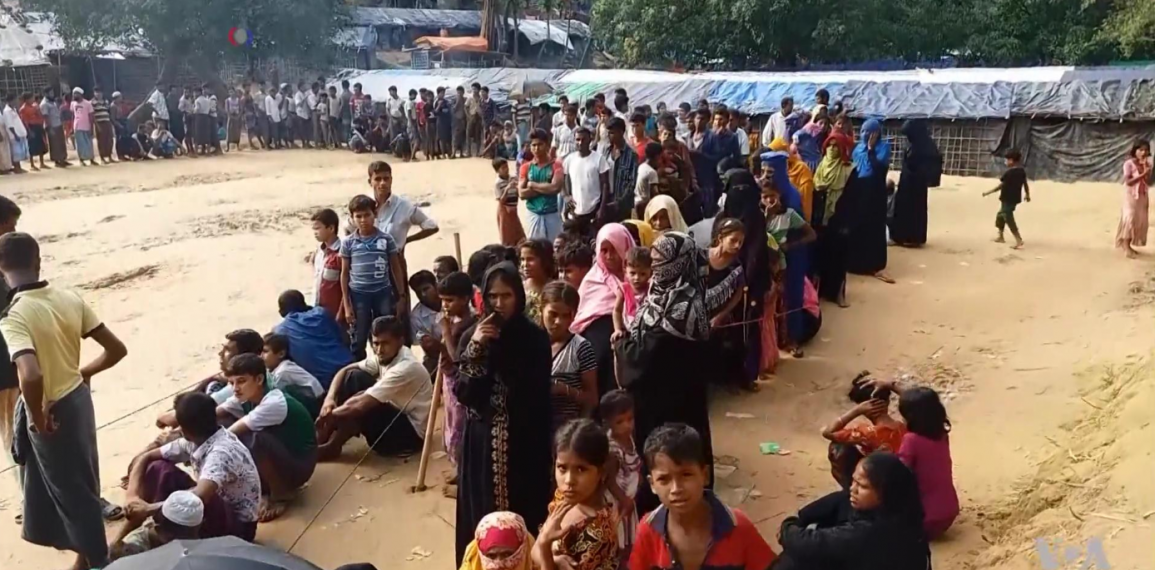Migration and Refugees - welcome culture and struggles
May 2, 2016
By AEPF Working Group, Stiftung Asienhaus, May 2, 2016
A large number of refugees and migrants are moving across countries and continents in search of a life in peace, dignity and economic security. Europe faces dramatic humanitarian situations, which have been known till recently only in the Global South. In the past years, thousands have lost their lives on their way, particularly in the Mediterranean. Hundreds of thousands of refugees are forced to move under inhumane conditions along the transit roads, live in inadequate camps or overcrowded initial reception centres waiting for registration.
Failing to address the root causes of migration, most European states respond in an increasingly authoritarian, uncoordinated and often inhuman way: fences are erected, new border regimes and policies of securisation enforced, military and police forces deployed, asylum rights are being curtailed. Organised right-wing groups in Germany set fire to refugee shelters, abuse and attack asylum seekers, right-wing populism, xenophobia, racism and antifeminism are on the rise across Europe calling aggressively for a strong state defending national identities and new border governance. Right-wing parties and governments demand to tighten legal and security measures, further deterring and criminalising refugees.
Many EU member states are unwilling to live up to values of democracy, human rights and social welfare in the state-level negotiations transforming Europe without borders (Schengen) as a political project and a social model. At the same time, civil society groups and a large number of individuals practice a “welcome culture”. Based on solidarity and voluntary work. They have set up support structures from language classes to “autonomous” schools, from medical treatment to legal advice. Although there is little formal organisation and often also no formalised spokespersons, struggles against deportation and around a right to stay, for freedom of movement and right to citizenship are popping up in many places.
A distinctive phenomenon is the merging of diverse struggles, for example those over precarious labour by migrants, and shelter, over the right to the city and against gentrification, for the commons and free access to social and public infrastructure. Protests are further characterised by the fact that refugee activists raise their voices without intermediaries and speak for themselves unfolding complex dynamics between institutional mechanisms of control and the struggles over migration. The AEPF could be a space for CSOs from Europe and Asia to deepen and broaden their understanding of xenophobia, structural racism, and border regime on the basis of an international exchange of views and experiences, including partners from migrant and refugee movements. Thus they can build momentum toward a constructive criticism and political action in specific contexts.



